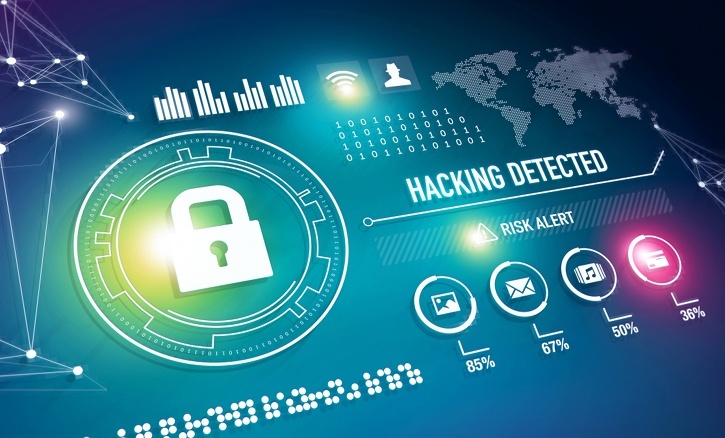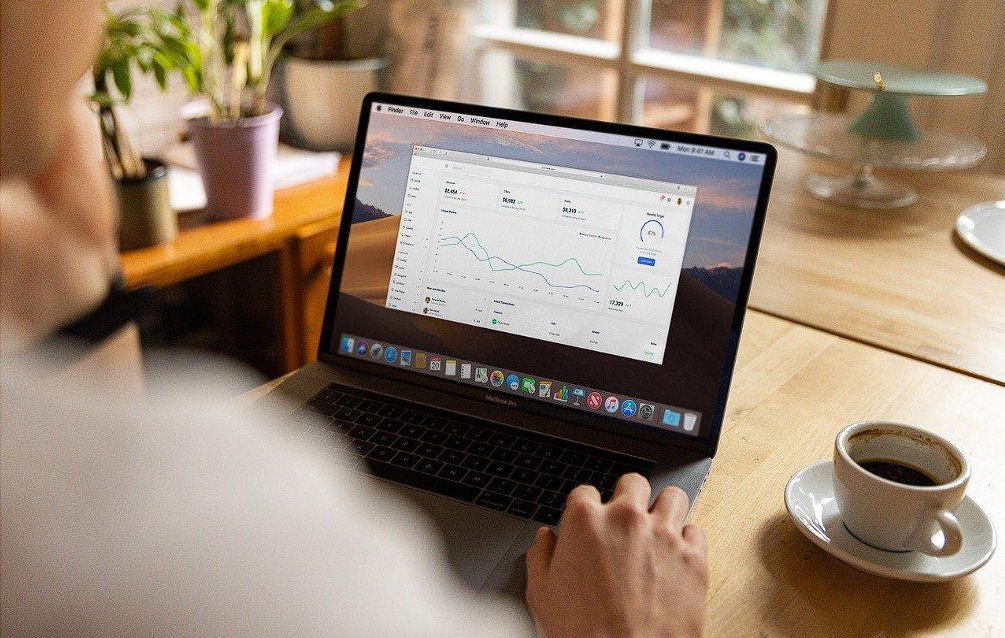Navigating Employee Data Privacy: APRA and the Evolution of Workplace Privacy

Americans might soon be granted a basic right to digital privacy. The American Privacy Rights Act (APRA), introduced by two senior US lawmakers as a bipartisan deal, aims at establishing a comprehensive national digital privacy law akin to the EU’s GDPR. This legislation, if enacted, would regulate how companies collect, utilize and share Americans’ online data.
The draft seeks to empower American consumers by returning control of their personal data, with stringent measures against the transfer of sensitive personal information without explicit user consent. It also proposes options for users to opt out of targeted advertising and mandates that companies should collect only the necessary data. Furthermore, it addresses national security concerns by ensuring that consumers are informed if their data is handled by entities in potentially adversarial foreign nations.
The proposal, spearheaded by Senator Maria Cantwell and Representative Cathy McMorris Rodgers, comes at a time when personal data’s role in the economy and AI is expanding rapidly. The proposal reshapes how personal data is protected in the US and marks a significant move towards a unified federal standard in digital privacy.
From Consumer Privacy to Widespread Privacy
While the proposed legislation focuses on consumers, it surfaces a deeper trend concerning individual privacy protection. As such, it is expected to spur additional privacy initiatives, led by lawmakers or emerging as grassroot initiatives. For example, measures for protecting employee rights.
Employers who wish to maintain a competitive advantage, remain ahead of expected whirlwinds, or plain out care for their employees, can secure their privacy starting now. These employers can expect to be rewarded with employee loyalty, less turnover and higher productivity.
Implementing employee privacy requires the adoption of privacy practices and tools. A full-blown plan is beyond the scope of this article. However, we propose an example of implementing privacy-guarding technologies for BYOD employees.
BYOD Employee Privacy
BYOD (Bring Your Own Device) means employees are performing work-related tasks on their own personal laptops, mobile phones, PCs, Macs, etc. This drives productivity since it is a flexible and user-friendly solution. However, it also creates employee concern, when employees fear the company they are working for is monitoring the personal activities they are carrying out on their own devices.
A privacy-guarding technology creates a clear separation between personal and business activities on a computer. It ensures that any employee monitoring tools within the work environment cannot record activities that occur outside of it, such as personal web browsing or non-work-related applications. It is as if the employee were working on two completely separate devices, with activities completely isolated from each other.
How Venn Safeguards Employee Privacy, Encouraging Productivity
Venn has invented a radically simplified and less costly solution for securing remote work and BYOD while protecting employee privacy. Work lives in a company-controlled Secure Enclave installed on the user’s PC or Mac, where business activity is isolated and protected from any personal use on the same computer. At the same time, workplaces cannot access private employee activities. This includes identifying private activities, tracking them, logging, or recording them.
Here’s how Venn enforces employee privacy based on the same principles as the American Privacy Rights Act (APRA):
- Personal Data Control – Venn can work with employee monitoring tools to help respect personal activities outside the designated work environment. This gives employees the ability to maintain control over their personal data on their devices. Also a good policy is to provide transparency with employees so they know what the company is collecting and why.
- Minimization of Data Collection – One of the key provisions of the APRA is to minimize the data collected to what is necessary for businesses to operate. Venn aligns with this by clearly segregating personal and business activities on a device, ensuring that companies do not inadvertently collect personal data during monitoring activities.
- Protection Against Unauthorized Data Access – The APRA emphasizes strong safeguards against unauthorized or unnecessary access to personal data. Venn contributes to this by preventing any internal company tools from accessing or recording what happens on the personal side of an employee’s computer. This separation ensures that personal data remains private and inaccessible to the company.
In addition, Venn prevents external tools from accessing company data within the Venn environment. This ensures that sensitive company information is secured against leaks or unauthorized access from tools that employees might use in their personal capacity. For example, when attempting to screen capture work-related screens, they turn black, preventing screenshotting or recording.
With employees expressing concern that their privacy is being breached by company monitoring tools, it’s up to employers to build trust and demonstrate their commitment to employee privacy. Technologies that isolate work and personal activities, effectively separating the two and avoiding access and infringement, can enjoy two benefits: protecting employee privacy and protecting company data. This makes for a more resilient, competitive and productive business.
Learn more about Venn and get started today.
More Blogs


